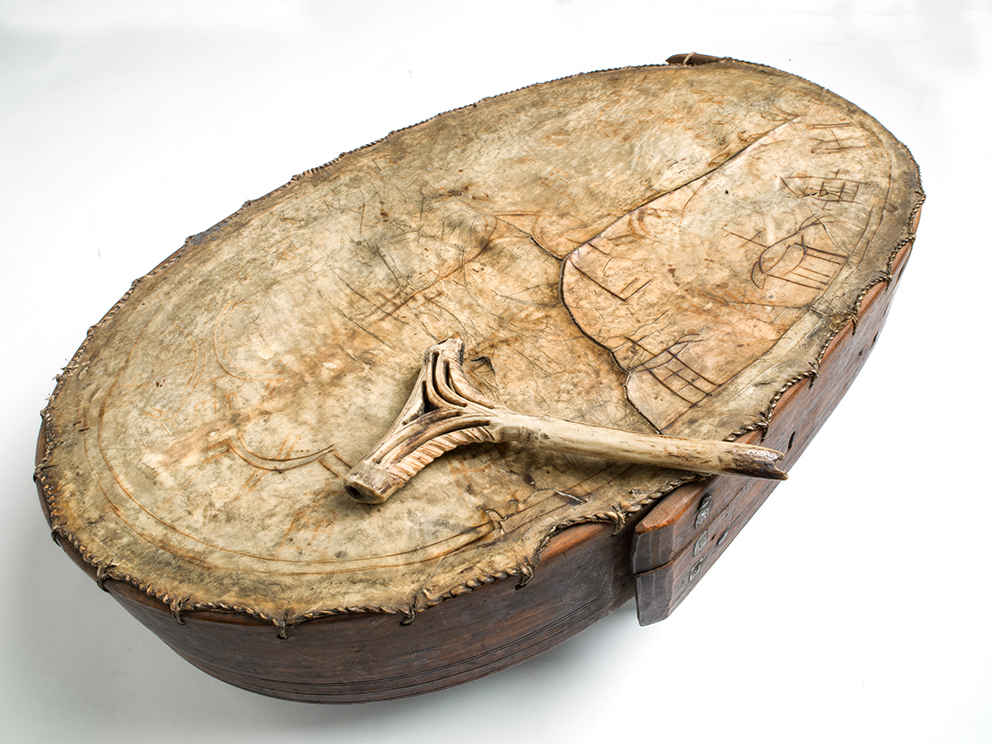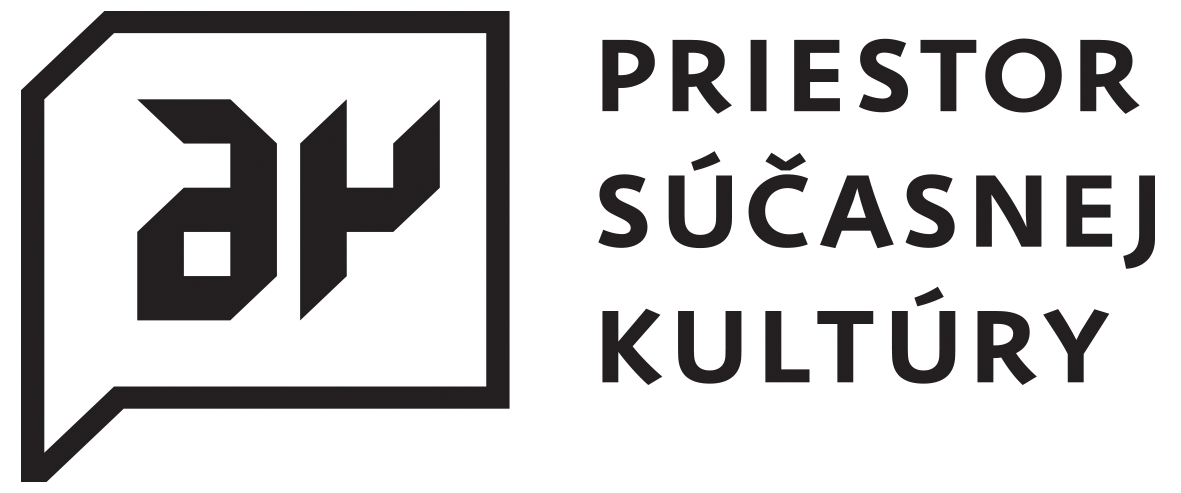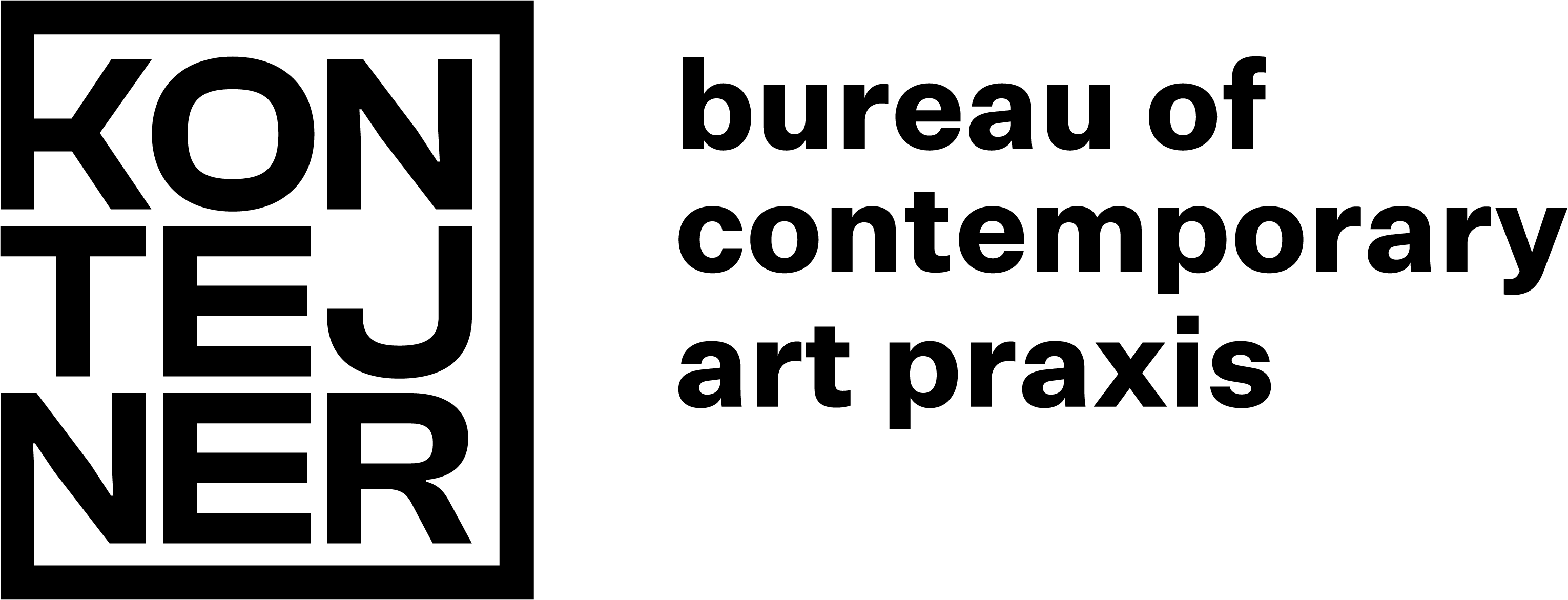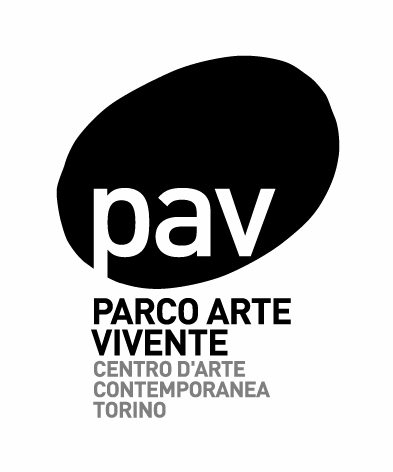SON[I]A #406 Liisa-Rávná Finbog

In this podcast, Radio Web MACBA talks with indigenous Sámi researcher, writer, curator and artist Liisa-Rávná Finbog about napkins, museums, collections, and colonialism, to challenge hierarchies, cultural extractivism, and the hidden violence in any process of cultural assimilation. We also highlight the causal relationship between art and coloniality, questioning the separation between function and aesthetics. Duodji thus emerges as an ancestral practice and knowledge system — that dismantles and emancipates itself from the Western construct of craft, while invoking a dialogical relationship with materiality. We open a portal to understand and share the ways of thinking, being, and existing in interdependence, of the Sámi people.
Liisa-Rávná Finbog is an indigenous Sámi researcher, writer, curator and artist who works at the intersection of art and academia, countering colonial narratives about the Sámi people. She seeks to remedy the legacy of epistemic ignorance resulting from the assimilation policies of Scandinavian—in her case, Norwegian—governments, which have resulted in the erasure of the language, cultural heritage and identity of Sámi communities. To this end, Liisa-Rávná Finbog draws on her training in archaeology and museology as well as her role as a duójar (a storyteller and holder of Saami knowledge). She carries out research into the knowledge system embedded in duodji practices as a theoretical and action framework from which to question museum practices, revitalise Sámi methodologies, and reclaim the knowledge and value systems of indigenous peoples.
Photo: Sami drum from Nordland or Troms. Photographed by Åge Hojem















